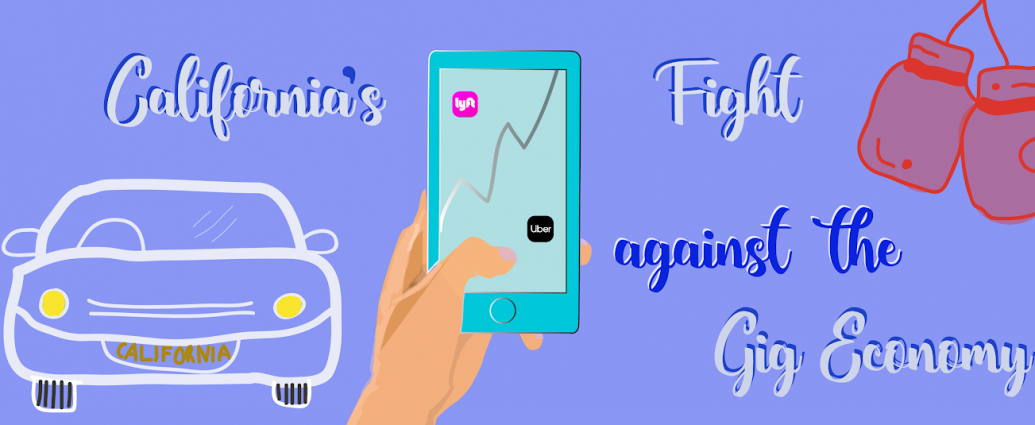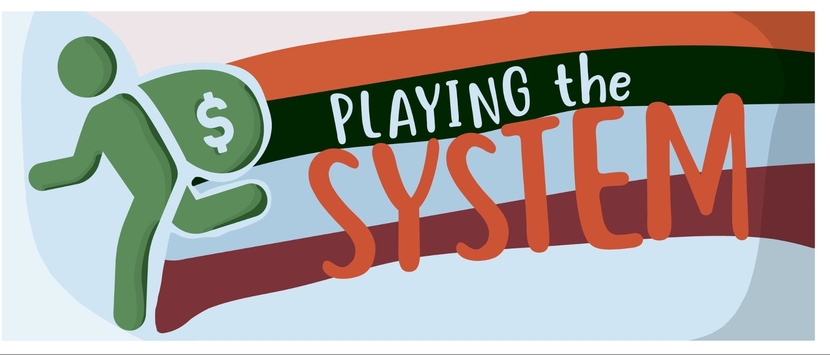Face It: You (Probably) Got a Tax Cut
The United States has been an economic powerhouse in the world since 1920, but has the implementation of taxes stymied its growth whatsoever? Congress recently reviewed tax policies, with extensive changes on the capital gains tax, a tax on assets that have accrued value over time when sold, regardless of when the gains had been accrued. The federal income tax does not tax all capital gains. For example, if a stock is purchased in 2010 at $100 and sold in 2020 at $150, the tax would be on the $50 accrued value in the current year. Economists believe that capital gains tax rates have resulted in economic prosperity and stability in the United States for nearly a century since 2016.Continue Reading





